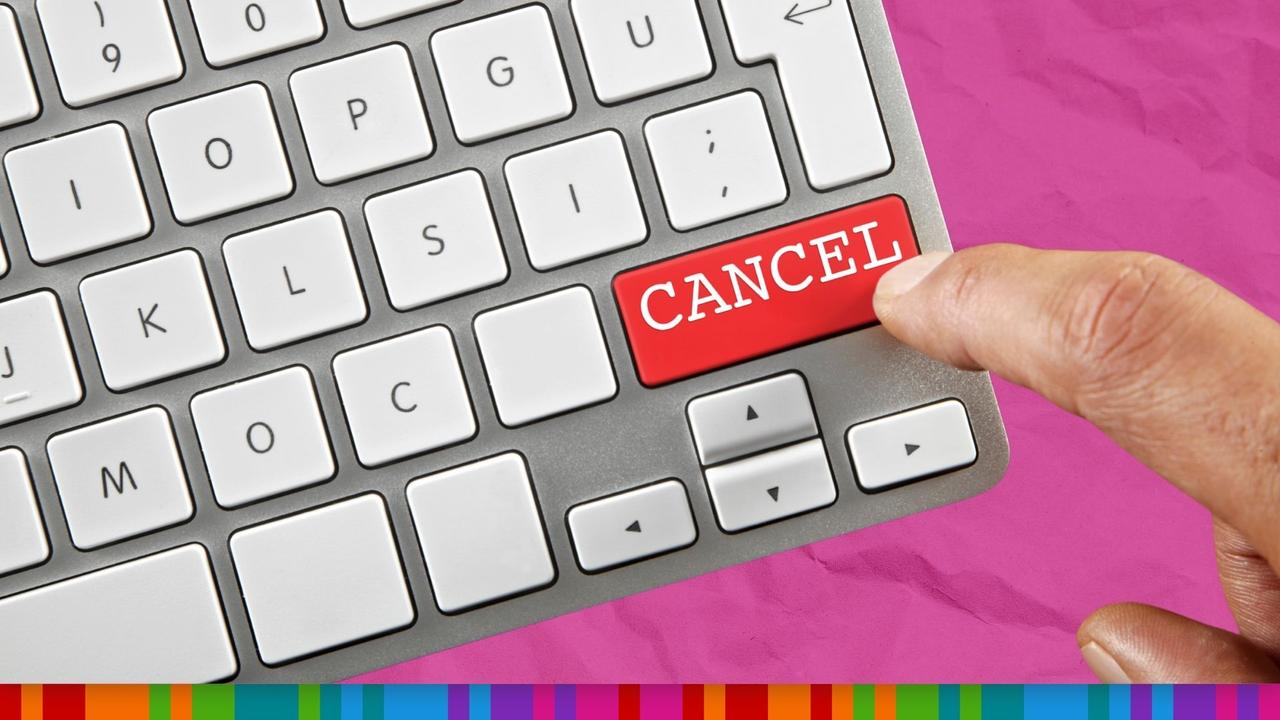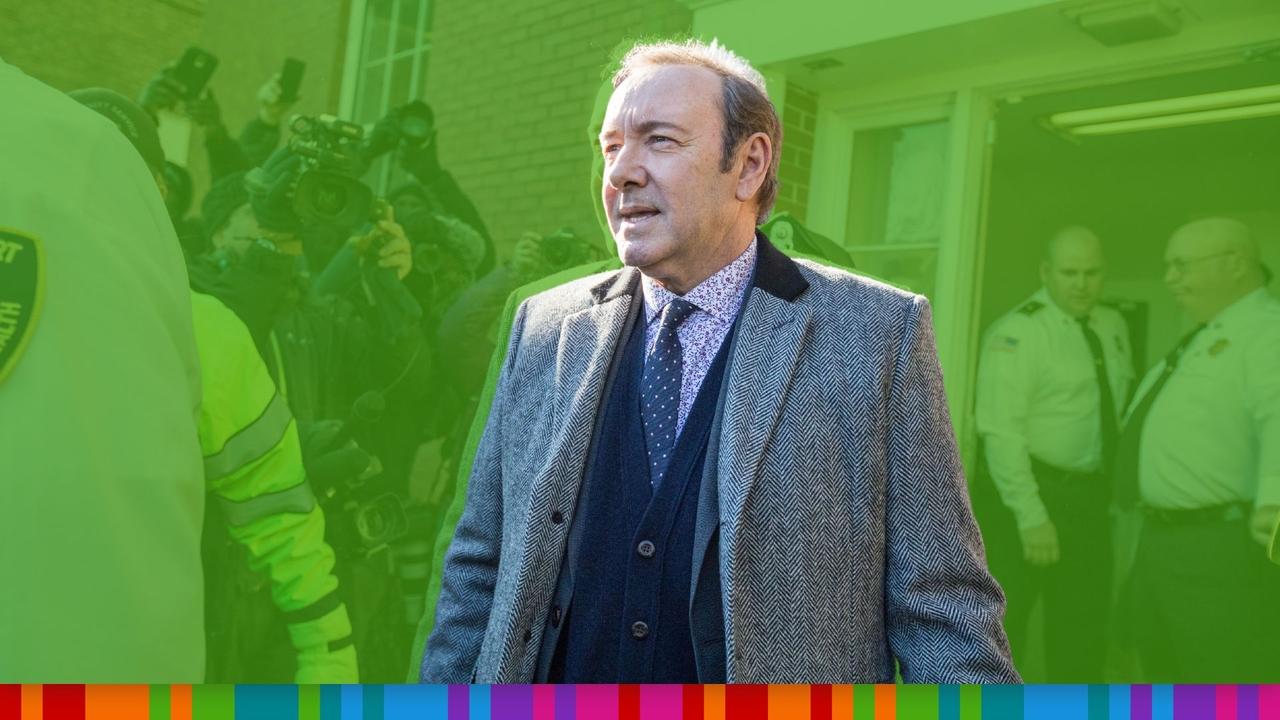‘I just can’t stand him’: Celebs Gen Z is happy to cancel
Every time a celebrity is called out there is a chorus of “cancel culture has gone too far”. But there are some celebs Gen Z is happy to cancel.
Every time a new celeb gets called out for being problematic (or, just a straight up problem), there seems to be a chorus of “cancel culture has gone to far”.
Some people will even stop reading an article, just because it mentions the term.
But has it gone too far? Or are people just expected to hold themselves to a higher, fairer standard than in decades gone by?
We asked Aussie Gen Z’s from all walks of life to join our newsChat and share their opinions on cancel culture. The answer, it turns out, is not so simple.
“How are people defining ‘problematic’,” asked 22-year-old panellist, Amaani Sideek. “What constitutes problematic behaviour worthy of cancelling? And then the next question, which is perhaps even more important: what does cancel culture achieve?”
While there are certain behaviours, we can all agree, mean the perpetrator deserves to lose work and followers, other problematic actions and words make up a grey area.
“I’m not sure a definite line can be drawn,” explains 22-year-old Angus, “but there’s a world of difference between saying a slur when you were 16, and abusing a child.”
“While I think people need a level of accountability and responsibility for their actions, I think a lot of people need to reflect on the idea of throwing stones in glass houses,” considers 25-year-old panellist, Nich.
“I don’t agree with completely ostracising an individual for something they may have said 20 years ago,” agreed 21-year-old Jahin. “We need to cross that conversation with a bit more compassion, and patience”.


It seems that cancel culture is problematic in itself. As Amaani pointed out, “cancel culture is not a solutions-based reaction to a problem. If anything cancel culture explicitly refuses to address the root of an issue or even begin to correct it“.
It’s a weaponised version of accountability, from which no one can grow.
Rachael, 24, agrees that unless the behaviour crosses the line from problematic to problem, there needs to be space for growth before people or brands are cancelled forever.
“Recently, two WA distilleries got called out for using a really sacred tree for Noongar People and culture in their alcohol,” she explained.
“One of those distilleries coped to it, and said ‘yup we’ll stop production’. They understood and changed. The other doubled down and didn’t engage with Noongar People and didn’t cease production.
“I think that it was a really good example of how to respond to being called out, and how to move forward by growing your brand understanding and value.”
This isn’t to say that if those actions aren’t taken, however, or if a line is crossed, Gen Z are afraid to cut something or someone out of their life forever.
“For truly unacceptable acts that are evidence backed, an apology is not enough — especially if you’re a public figure,” says Jahin.
“I was a big fan of House of Cards, I binged it so many times,” he recalls. “But after the Kevin Spacey situation, I ditched the show. I just can’t stand him and what he’s done”.

For others, J.K. Rowling identifying herself as a TERF — an offshoot of feminism that is transphobic — completely ruined Harry Potter.
“Her comments and attitude make it extremely difficult to enjoy or even consume Harry Potter going forward — not even by pretending someone else wrote the books,” laments Nich. “Other than that, I have stopped watching people on TikTok after some atrocious things have been said.”
So yes, some people earn themselves a cancellation — that’s not a cultural change, that’s called accountability. However it’s time to let go of anger for the sake of it, and allow people the space to accept their mistakes, then grow and change from them.
We’re all human, after all.





